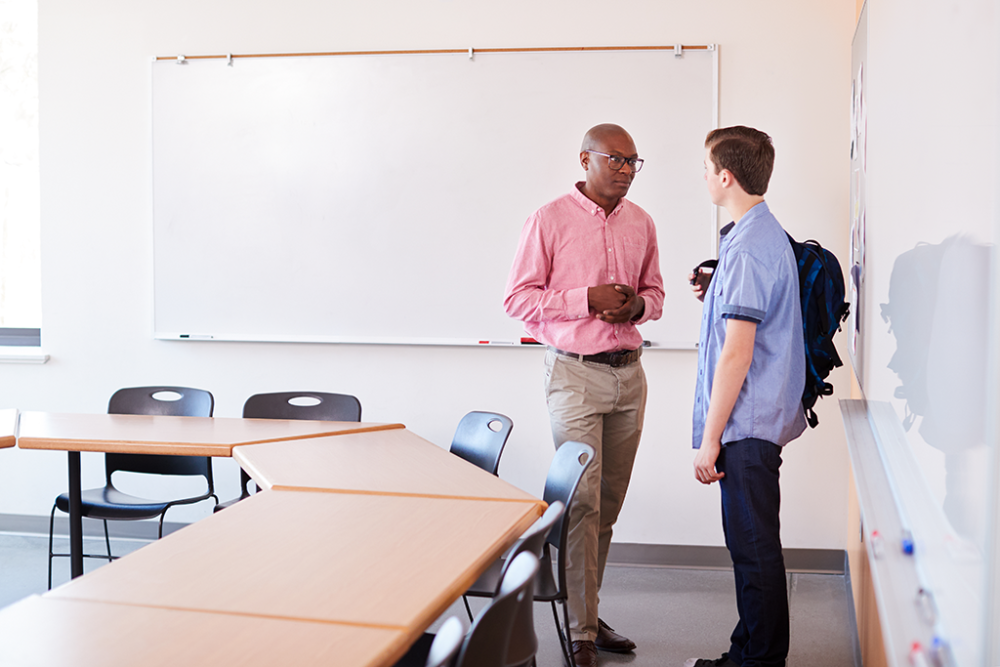Do you have a student who never seems to be able to start an assignment? Or perhaps you get annoyed that a student keeps getting out of their seat, while another blurts out what seems to be random information in the middle of a lesson?
Neurodiversity expert Professor Amanda Kirby says that sometimes we look at our students and make fixed assumptions or label them incorrectly. The student who can’t start an assignment may not be ‘lazy’ but unable to assess how to order the information; the child who keeps getting out of their seat may find it easier to listen while they ‘fidget’; and the student who calls out at an inappropriate moment may have taken slightly longer than other students to process something mentioned earlier in the lesson.
Professor Kirby believes the language we use to describe students is really important. Terms such as disorder, impaired or condition can create artificial barriers and lead to feelings of shame or loneliness.
She said: “I’ve often heard terms like we’re a ‘dyslexia-friendly’ or ‘autism-friendly’ school. I think it would just be nice to be a ‘friendly’ school, with students’ needs well-supported.

“I want to challenge schools about the environment they put their pupils in. Because it’s not just about the students, but the way we interact with them – it’s a two-way street. What’s important is that young people are able to gain autonomy and feel related and connected to the people around them.”
Amanda’s wider article forms part of our In Focus section in the latest issue of Cambridge Outlook magazine, which takes the theme ‘Learning for all’.
Whether it is
We also obtained the views of a group of sixth-form students on what teachers can do to create the ideal conditions for success. Adaptable learning, passionate teachers and wellbeing were some of the top answers.
The views of our teachers and students are what matter most and you can learn more about these from the results of our first Global Education Census, which had 20 000 responses from more than 100 countries. You can read our summary article Our world, their future in this issue.
As always, we would love to hear from your school, too.
Get in touch at outlook@cambridgeinternational.org





